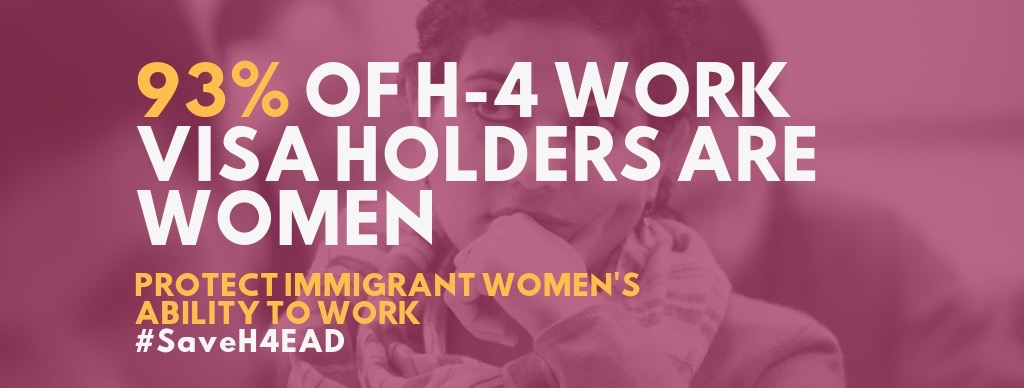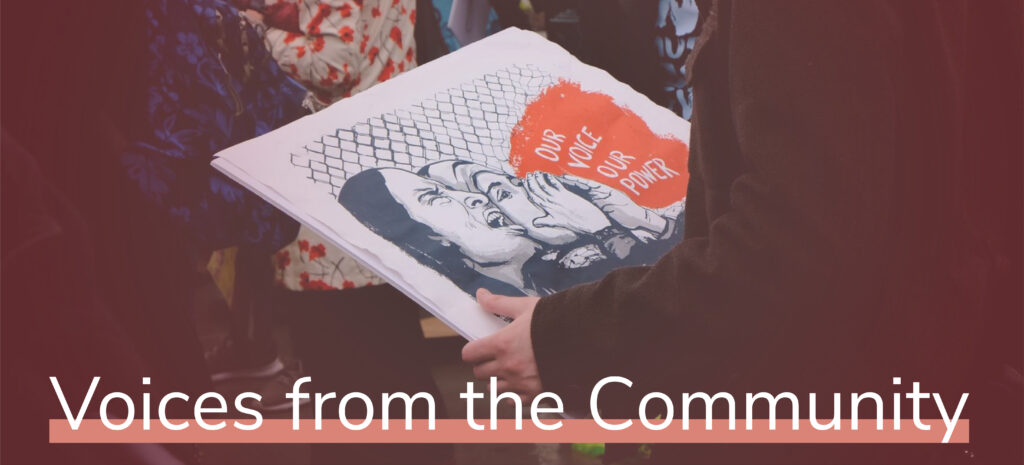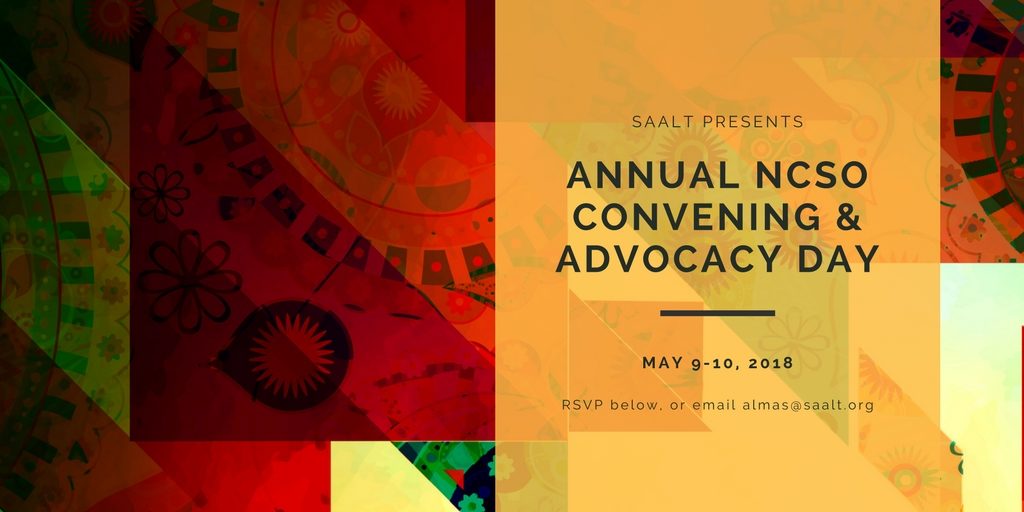Dear Community,
We’re writing to share a groundbreaking shift for SAALT. We have entered chrysalis which will continue through late 2024. During this time, we are committed to the following:
- Build an analysis of caste. We have ceased external programming to focus our energy towards developing an individual and shared analysis of caste, through political education, principled struggle, reflection, and relationship building, starting with our own selves, biological and chosen families, and our caste communities.
- Co-stewardship inside an accountable ecosystem. We have transitioned from an ED and Board non-profit model, to a co-stewardship nonprofit model, held by a circle of South Asian accountability partners committed to building an analysis of caste.
Why chrysalis?
For years, SAALT has received feedback that our organization is in a perpetual “identity crisis.”
We’ve felt it too. Our core contradiction is not lost on us. We’re attempting to build power for all South Asians, while lacking a deep understanding of an ancient, homegrown oppression: caste. For decades, caste has inherently resulted in social inequality, which informs the positionality of South Asians in the US.
SAALT has much to celebrate across its 20 year history of convening, coordinating and representing South Asian communities nationally. Simultaneously, SAALT’s agenda has primarily been driven by high caste leadership, coastal elitism and other privileged South Asian community urgencies. Through relationship building and deep listening with and to Dalit Bahujan communities, alongside our own study of caste, SAALT began the journey towards chrysalis. The need for this became more evident in 2019 when SAALT supported asylum seekers fleeing South Asia because of caste violence. As a result, we are asserting that building South Asian power requires courageous leadership and a commitment to cultural transformation that is rooted in an analysis of caste.
If we simply continued the work of SAALT as is, we would overlook the essential first step – to build an analysis of caste – through which we understand our South Asianness, and navigate the other values we hold dear. By not understanding caste, we lack a true understanding of ourselves and our peoples’ histories. We can never fully or authentically participate in creating a racially, gender, economically, disability, and environmentally just world within our diasporic communities. Nor can we be responsible co-conspirators with other communities of color.
Throughout our twenty year history, SAALT’s advocacy, policy, and programming have lacked this core foundation and at times have even been caste supremacist in nature as a result. This focused, intentional time to build a caste analysis is what is needed for us to be truly transformative as South Asian Americans and as a South Asian American serving institution.
Our intentions must be aligned with our actions. Therefore, we are unapologetically dedicating our time, resources, money, and spaciousness to this first step through late 2024.
Our ultimate vision
We take this step with clear conviction and this vision in mind: to build and sustain an anti-caste institutional culture, structure, and potential change work that is rooted in us relating to each other and the world as stewards of the anti-caste movement. We can only expect transformation in the world if we practice it first with each other.
In community,
The SAALT co-stewards



